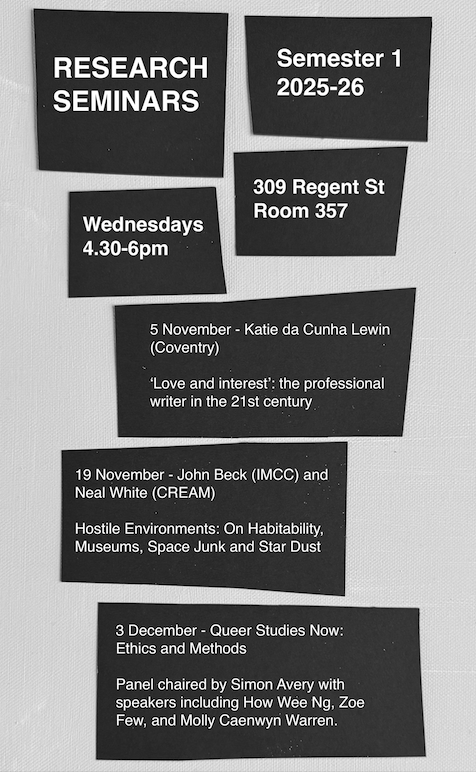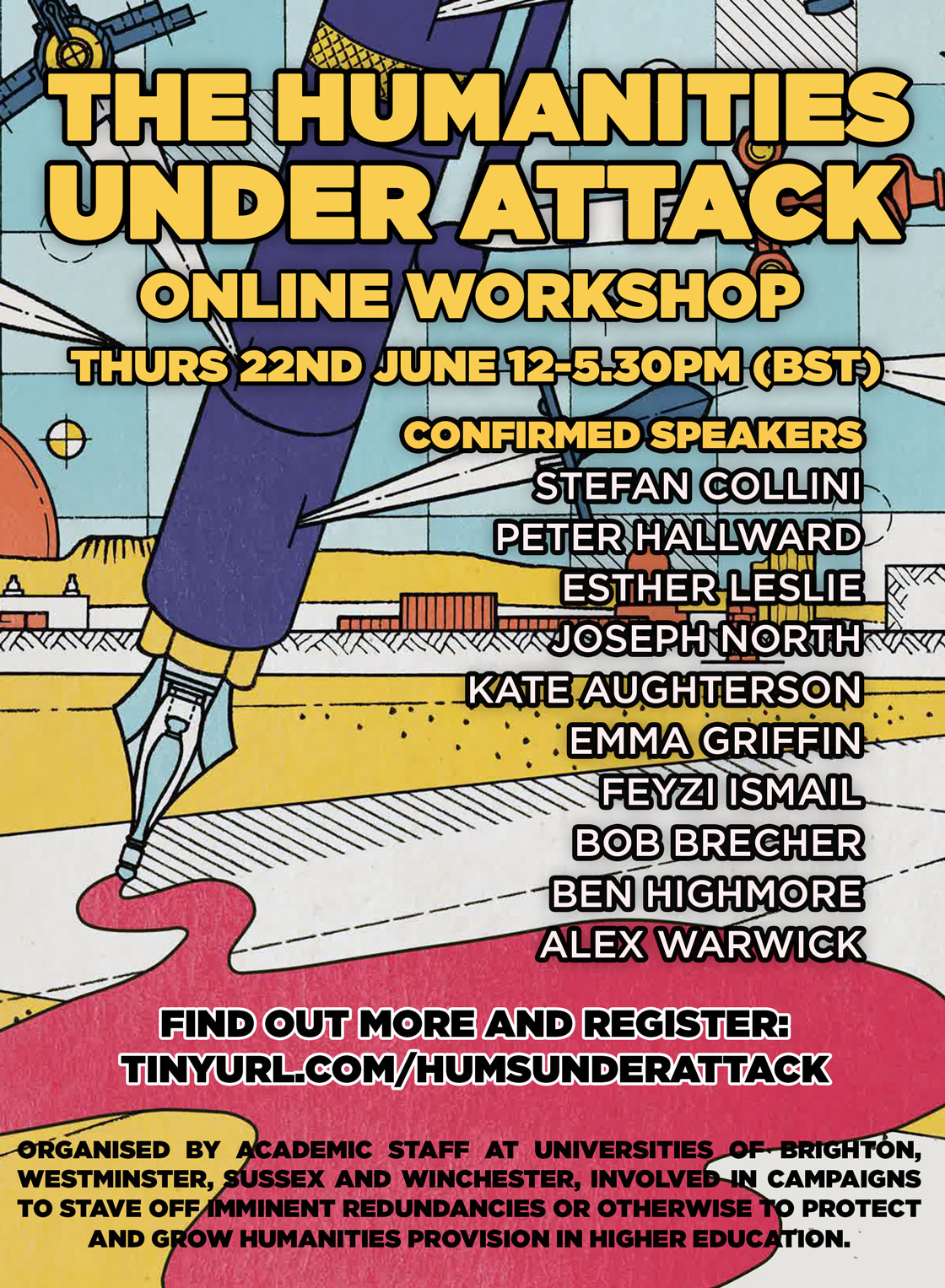Event
Wednesday, November 5 · 4:30 – 6pm
University of Westminster, 309 Regent Street, London, Room 357
The Professional Writer in the 21st Century
Katie da Cunha Lewin (Coventry University)
In a moment where humanities departments are ransacked, and governments openly espouse their prioritisation of STEM subjects and the rights of AI companies, the lure of the life of the writer seems somehow to endure. This is illustrated most obviously in the proliferation of creative writing courses, both within and without the institution. These courses, regardless of their form, all engage in some way or another with issues of professionalising, with learning not only how to write, but also how to be a writer, particularly as universities are encouraged to make their courses linked with or formed by ‘industry.’ However, these notions of professionalism (and inversely amateurism) are complicated by the ways that popular and best-selling writers discuss the profession itself. Using case studies of Zadie Smith and Sally Rooney, I want to think about how both writers harness ideas of ‘love’ as part of their public writerly identity, and thereby help shape public perception of what it means to be a writer in the 21st century.
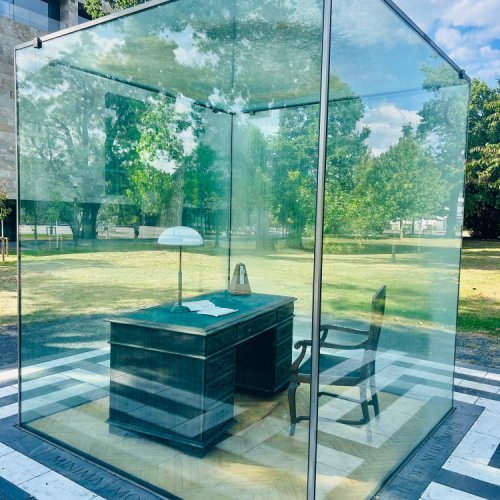
We are delighted to announce that the Institute for Modern and Contemporary Culture will be hosting a series of public lectures at Westminster by the Centre for Research in Modern European Philosophy.
These will take place on alternate Thursday evenings at the University of Westminster, Fyvie Hall, 309 Regent Street.
Tickets are free but booking is required here: https://www.tickettailor.com/events/radicalphilosphyarchiveltd/
Thursday 9 Oct 2025, 6:00 PM – 8:00 PM
Peter Osborne, ‘Freedom in Unfreedom/Unfreedom in Freedom’
Thursday 23 Oct 2025, 6:00 PM – 8:00 PM
Peter Hallward, ‘Means of Immediate Ends’
Thursday 6 Nov 2025, 6:00 PM – 8:00 PM
Stella Sandford, ‘Process Metaphysics and “Promiscuous Realism”‘
Thursday 20 Nov 2025, 6:00 PM – 8:00 PM
Howard Caygill, ‘The Woman in the Rorschach Dress’
Thursday 4 Dec 2025, 6:00 PM – 8:00 PM
Antonia Birnbaum, ‘The Courage Also to Walk on One’s Head (Master and Slave)’
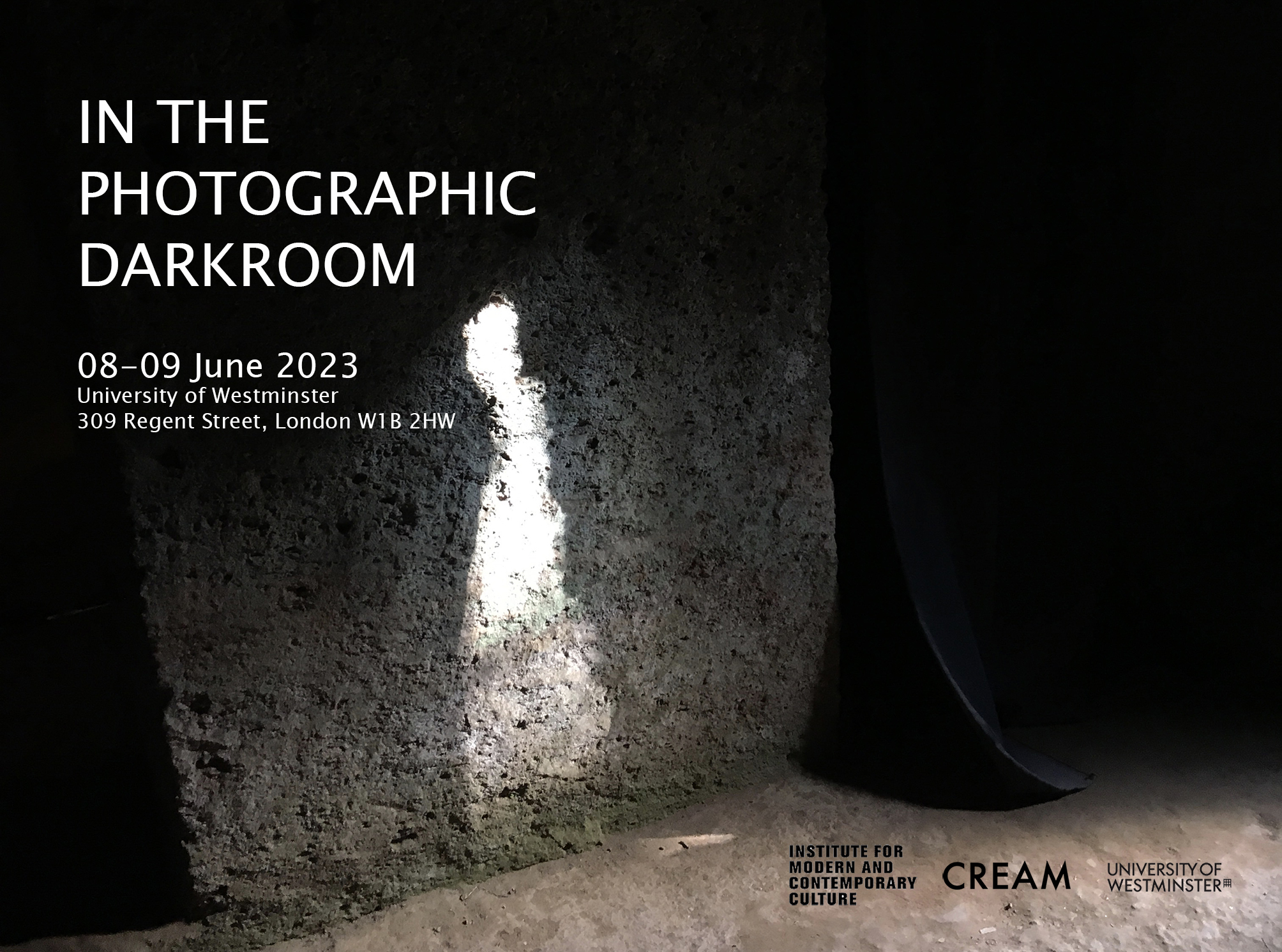
June 8th-9th 2023
University of Westminster, 309 Regent Street, London W1B 2HW
In the Photographic Darkroom
What role has the photographic darkroom played in the histories of photography and visual culture? How has this space, at times known as the camera obscura, developing room, laboratory, operating room, operating box, darkened chamber, photographic tent, dark tent, and developing tent, shaped ways of living and knowing?
Historical accounts of the wet darkroom are sparse, and critical discussions largely limited to this space as the site of photographic manipulation. Yet, the darkroom is not a neutral container for photographic production, but a space with its own materiality, rhythm, and choreography that has been central to experiences of, for example, scientific experimentation, research, learning, commerce, colonial encounters, political and cultural agency, sociability, and individual and artistic expression.
This hybrid two-day event initiates a critical conversation about the largely overlooked space of the darkroom, and outlines new ways to research, theorise, and interpret the roles that it has played in our modern world. In the Photographic Darkroom will seek to do so by shifting the focus from the visual product (e.g., negatives and prints) to the setting itself within which these objects were produced, positing that the material, socio-cultural, and corporeal dimensions of the darkroom had an influence on how people conceptualised and, consequently, understood photography. This will enable us to rethink the role of photography in the development of modern visual culture, and its wider historical relations, from fresh viewpoints.
Check out the conference website here: https://sites.google.com/my.westminster.ac.uk/darkroom/home
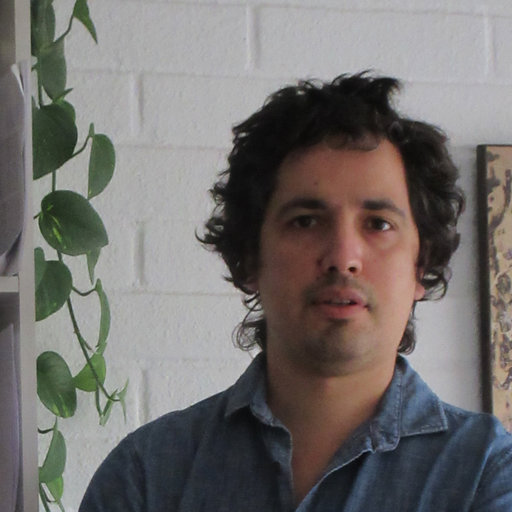
Monday 20 February 2023, 5.15 pm
Room 201, University of Westminster, 309 Regent Street, London
Prose as a Medium of Contemporary Art: A Latin American Perspective
Dr Jorge Manzi (Pontifical Catholic University of Chile)
The Argentine critic Reinaldo Laddaga, reflecting on recent literary works by the “most ambitious” Latin American writers (among which we could mention Cesar Aira, Sergio Chejfec, Diamela Eltit, Mario Bellatin, Nuno Ramos), claimed in 2007 that “all literature aspires to the condition of contemporary art”. The claim is undoubtedly exaggerated. However, it seems undeniable that, worldwide, a growing number of writers feel a certain urge to rethink their practice as participating not so much, or not barely, in the literary tradition, but mainly in that “general” field of the arts called contemporary art. Within this perspective, and entering in a dialogue with theorists such as David Cunningham and Thierry de Duve, this paper will propose, at its most general level, the idea of prose as a medium of contemporary art. Following the inspiring statement of W. G. Sebald, “my medium is prose not the novel”, this proposal could suggest the needtof expand the framework of the theory of the novel in order to conceptualize important recent trends in contemporary prose, at the level of form and historical content.
Secondly, focusing on the work of authors such as Sergio Chejfec, Cesar Aira and Diamela Eltit, the paper will discuss one major trend of contemporary Latin American prose: its scenic orientation. This is the tendency to emphasize or “exhibit” dramatic or theatrical forms (dictions, spaces, temporalities) of presentation that can suspend or complicate more conventional narrative structures. At the same time, these works tend to incorporate and outline material that appears as documental or indexical (R. Krauss), complicating the fictional or artistic status of literary prose. Emphasizing at once its scenic character as well as its raw orientation towards everyday material, Laddaga has called these types of works “reality spectacles”, a kind of prose that seems to move fluently between the model of the novel, installation, and performance. This paper will be specially interested in examining the historical content of these formal trends in Sergio Chejfec’s prose, reflecting on the specificity of a peripheral experience of global contemporaneity.
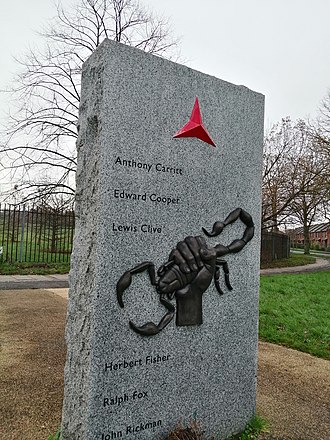
Wednesday 16 November, 17.15-19.00
Cayley Room, University of Westminster, 309 Regent Street
Imperialism, Uneven Development and the Communist Theory of the Novel: The Case of Ralph Fox
Elinor Taylor (University of Westminster)
This paper discusses the British communist, journalist, novelist, literary critic and anti-fascist Ralph Fox (1900-1936). It will attempt to map the relationships between Fox’s work as a novelist and theorist of the novel, on the one hand, and his writings on the historical development of capitalism, the relationships between capitalism, imperialism and fascism, and the prospects for global revolutionary transformation in the wake of the Russian Revolution, on the other. Tracing Fox’s engagement with these interlocking questions over his working life, from his years in Moscow in the 1920s, through Britain in the 1930s, and finally to his death in the Spanish Civil War, the paper tries to extend existing accounts of interplay between communist history, the novel and literary theory.
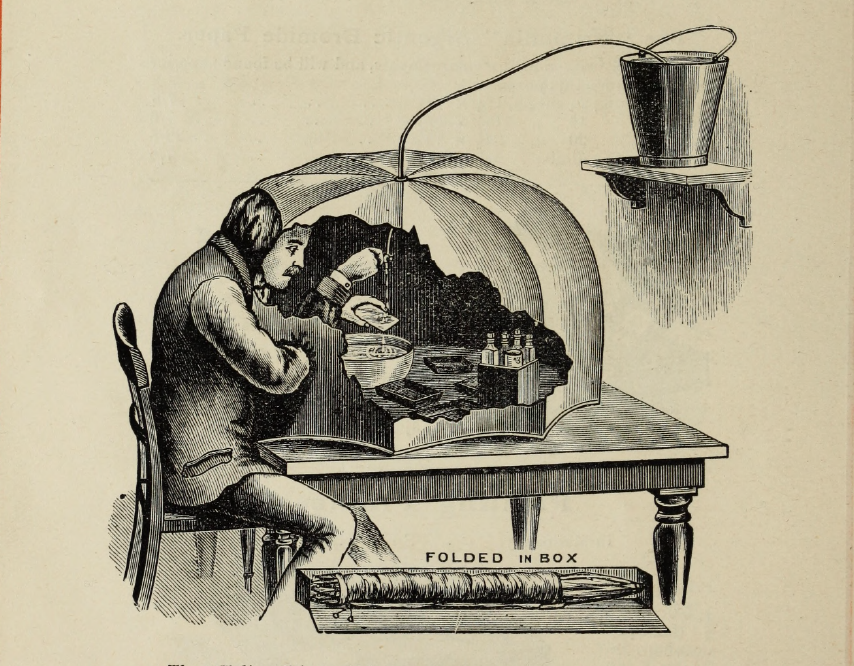
Call for papers for an event taking place on Thursday 8 and Friday 9 June 2023 at the University of Westminster & in hybrid form.
Deadline for paper proposals: by Monday 09th January 2023.
What role has the photographic darkroom played in the histories of photography and visual culture? How has this space, at times known as the camera obscura, developing room, laboratory, operating room, operating box, darkened chamber, photographic tent, dark tent, and developing tent, shaped ways of living and knowing?
Historical accounts of the wet darkroom are sparse, and critical discussions largely limited to this space as the site of photographic manipulation. Yet, the darkroom is not a neutral container for photographic production, but a space with its own materiality, rhythm, and choreography that has been central to experiences of, for example, scientific experimentation, research, learning, commerce, colonial encounters, political and cultural agency, sociability, and individual and artistic expression.
This hybrid two-day event initiates a critical conversation about the largely overlooked space of the darkroom, and outlines new ways to research, theorise, and interpret the roles that it has played in our modern world. In the Photographic Darkroom will seek to do so by shifting the focus from the visual product (e.g., negatives and prints) to the setting itself within which these objects were produced, positing that the material, socio-cultural, and corporeal dimensions of the darkroom had an influence on how people conceptualised and, consequently, understood photography. This will enable us to rethink the role of photography in the development of modern visual culture, and its wider historical relations, from fresh viewpoints.
To this end, we invite papers for 15 minute presentations from academics, practitioners, and museums and archives professionals at all career stages working in research areas such as photographic history, visual culture, media and communications studies, social, cultural and media history, cultural studies, history of art, archives and records management, and any other related fields of research.
Proposals may explore, but are not limited to: Commercial photographic laboratories; Bodily and sensory experiences in the darkroom; Darkroom diseases; Darkroom networks and related communities of practice; Darkroom practices vis-à-vis visual epistemologies; The darkroom technician; The darkroom in visual and popular culture; Global histories of the darkroom (from any historical period); Historic darkrooms; The material culture of the darkroom; Performative and tacit forms of knowledge in the darkroom; Portable darkrooms; Power relations in the darkroom; The relationship between the darkroom and the natural environment; The relationship between the space of the darkroom and its place within urban and not-urban contexts; Researching the darkroom in archives and special collections
Paper proposals should be submitted as ONE Word or PDF document to Dr Sara Dominici at s.dominici1@westminster.ac.uk by Monday 09th January 2023. The document should include:
Your full name
Email address
Institutional affiliation (when applicable)
Paper title
Proposal of no longer than 300 words for presentations of 15 minutes
Indication of whether you would be presenting in person or online
Short biographical note (100-140 words)
Event format: The event will take place at the University of Westminster in London (UK) in hybrid form and we will be able to accommodate a number of online presentations. The language of the event will be English.
Importantly: Selected speakers will be invited to contribute extended versions of their papers to a journal special issue or edited volume on the same theme. Please could all the applicants consider their paper proposals for research not yet published elsewhere as expressions of interest to contribute to the edited publication as well, or specify in the document itself if their paper proposal is based on research that has already been published elsewhere and/or if they would not want to be considered for the edited publication.
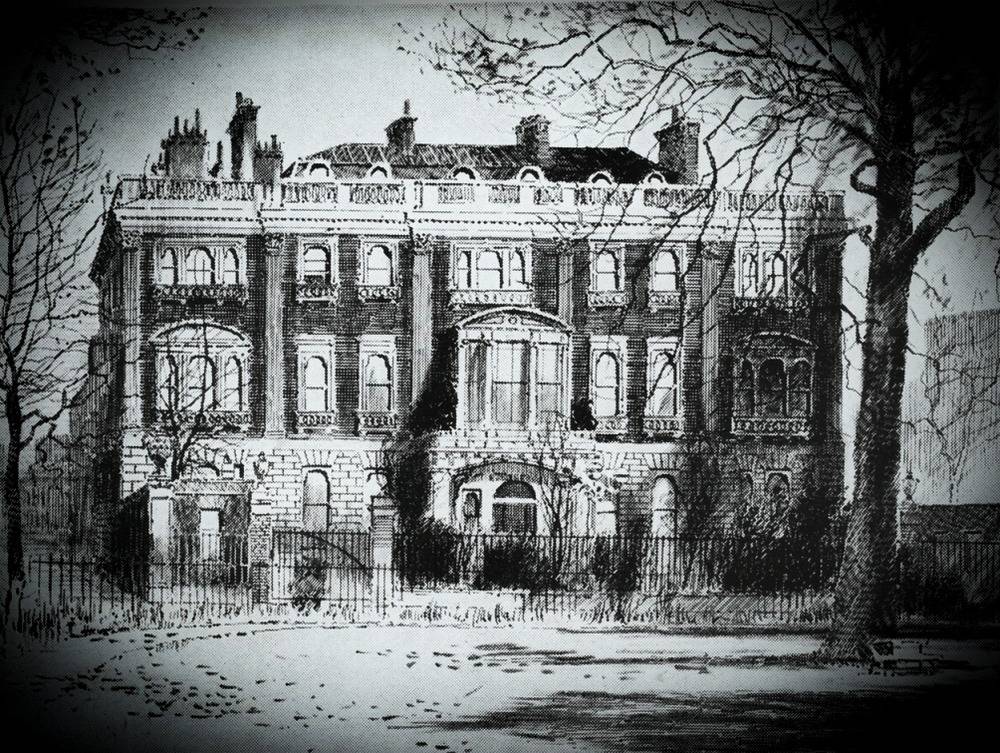
Friday 28th October, 18.30 – 19.45
Great Gallery, The Wallace Collection, Manchester Square, London W1U 3BN
The Music of the Gothic
This Halloween, discover the music of storms and Sicilian peasants, of noble heroes and heroines, and of bandits, witches and ghosts in this intimate lecture-recital. Inspired by the music recitals that bewitched the residents and guests of London’s townhouses in the 18th and early 19th centuries, we invite you to explore the music of Gothic: works composed for plays, melodramas and ballets by composers such as Stephen Storace, Michael Kelly, Thomas Busby, Matthew Peter King and Harriet Abram. Modern Gothic music often sounds eerie, unsettling and full of suspense. But has the music of Gothic always sounded like this? When did its characteristic mood become established? Our own Dr Emma McEvoy will address these questions and more, with live excerpts played by a small orchestra and singers, under the musical direction of Seb Gillot.
Book your place here.
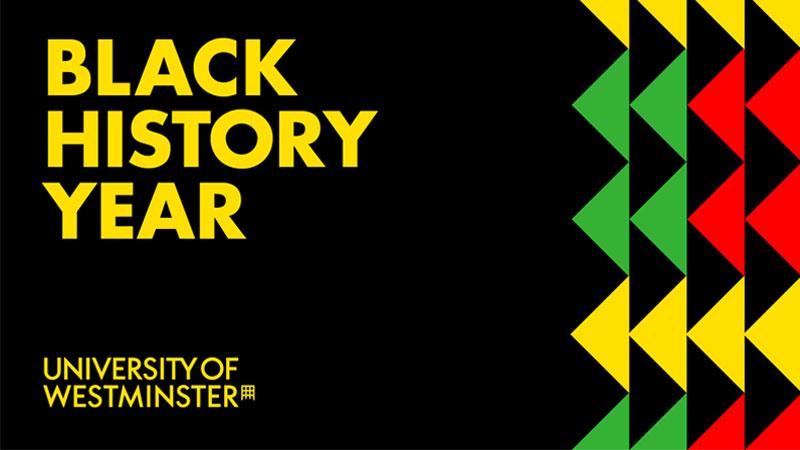
July 5th, 6.00 pm (online)
Faridah Àbíké-Íyímídé in conversation
Organised by our friends in the Queer London Research Forum, in collaboration with the Black History Year steering group at the University of Westminster, a discussion with Faridah Àbíké-Íyímídé, author of the award-winning and New York Times International Best Selling YA novel, Ace of Spades, on the pleasures of Black young adult fiction; the dangers of racist educational structures; and the power of Black queer representation.
Book a place via eventbrite here.
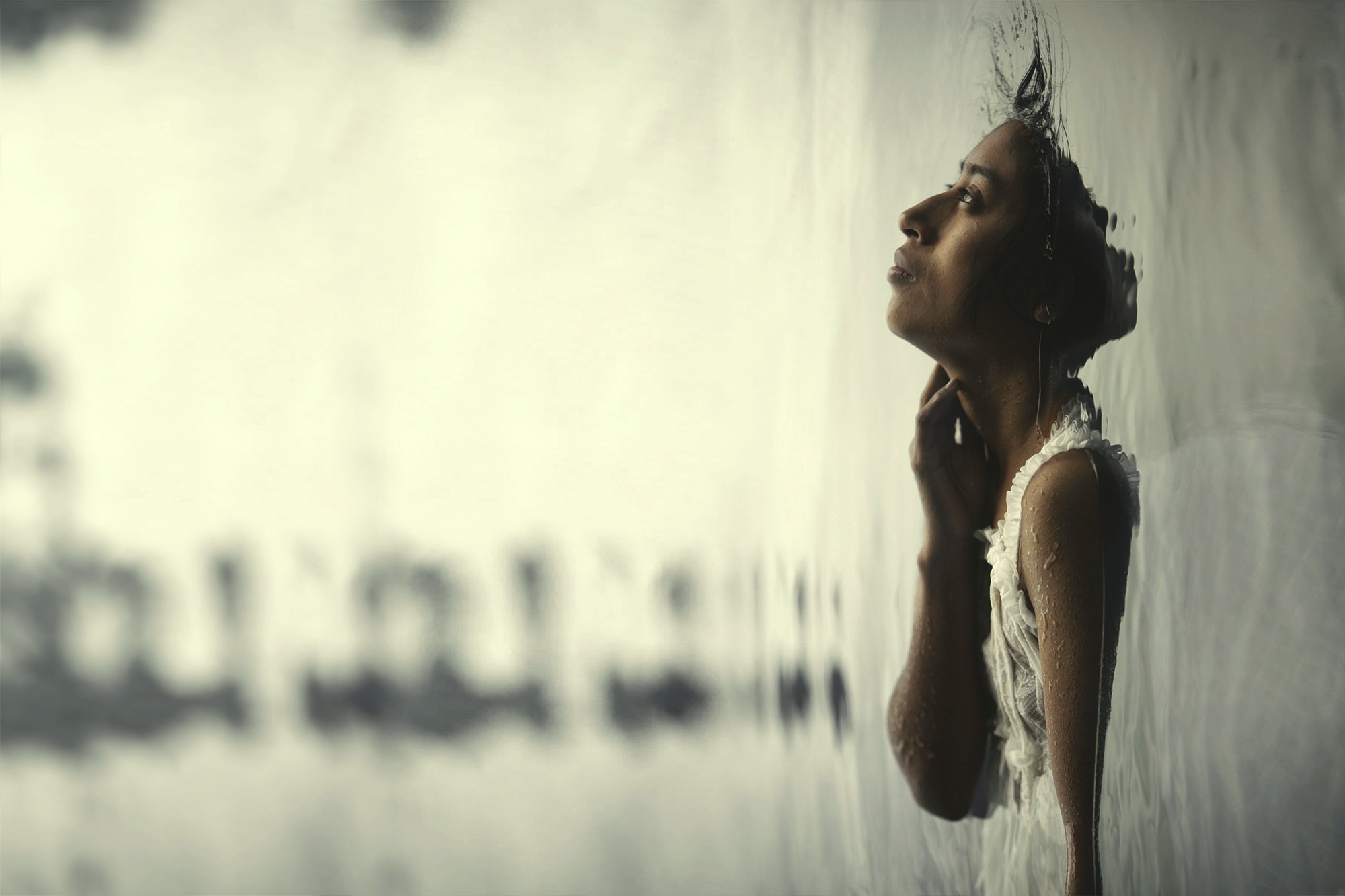
Latin American Studies at Westminster is hosting a series of events celebrating Latin American culture as part of our ‘Latin American Week: Heritage, Identity, and Human Rights’ which will take place 30 October – 4 November 2021.
You can click on the link to each event for more information and to register; all events are bilingual in English/Spanish.
Saturday 30th October, 1.30-4pm: Un museo para mí/A Museum for me (with mujer diáspora)
Tuesday 2ND November, 1.30-3.30pm: Los mitos mexicanos de la familia de José Sherwood González en su obra gráfica en el Día de Muertos/ José Sherwood González’s Graphic Fiction and Mexican Family Myths on Day of the Dead
Thursday 4th November, 5.30-7.30pm: Screening of Jayro Bustamante’s La Llorona (2018, cert. 18)/ proyección de La Llorona (2018, cal. 18) de Jayro Bustamante
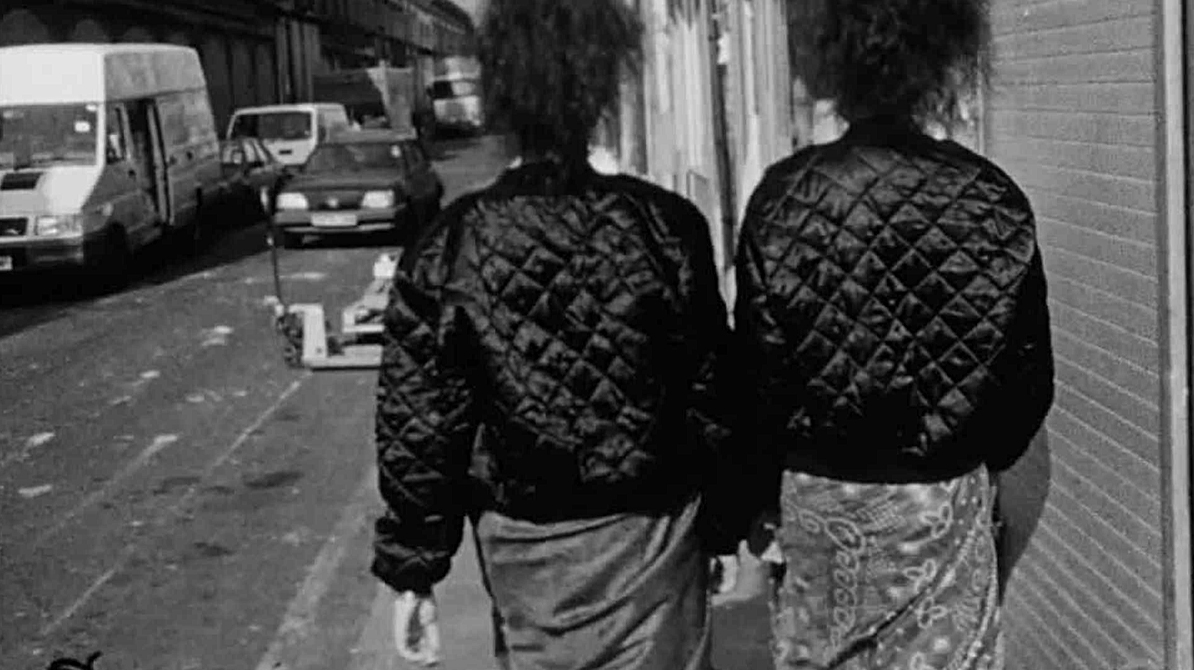
Wednesday 23 June 2021, 6pm – Wednesday 30 June 2021, 6pm
Personal Perspectives is a screening of artists’ works curated from the LUX collection by four final year University of Westminster students, Alex Guiste, Jordan Blanchard, Tia Lewis and Jodie Lawal-Mcdonald, with support by curator Jemma Desai, artist Adham Faramawy and our own Alison Craighead. This project was funded by The Quintin Hogg Trust and supported by LUX.
The process of making the selection began with the group watching Alnoor Dewshi’s seminal work from 1992, Latifah And Himli’s Nomadic Uncle, where two cousins discuss ideas of culture and history while wandering through London. Described by John Akomfrah as an “excellent film on Nomadology and [the] diasporic sublime”, this subtly rich and often humorous work opens this screening: it was the catalyst for the discussions that led to the students’ selection of these three subsequent works: The Very Very End, George Barber, 2013; A Part of Me, Carl Callam, 1998; A is for Artist, Ayo Akingbade, 2018.
Details at: https://lux.org.uk/online-exhibition/personal-perspectives
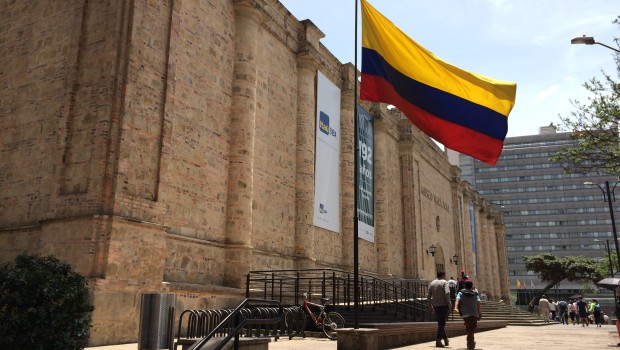
Wednesday 9th June 2021, 17.00 (BST)
Women’s Experiences of Conflict
Gender, Violence, and Representation at the National Museum of Colombia
Organised by our friends Latin American Studies at Westminster research group, this roundtable presents the ongoing issues of representation, gender, and violence within Colombia’s National Museum, delineating how museums are responding to these social issues.
Speakers:
Ailsa Peate (University of Westminster/IMCC)
Catalina Delgado Rojas (Institute of Cultural Practices, University of Manchester)
Valeria Posada Villada (Arts Curatorial Department of the National Museum of Colombia)
Further details and booking for this online event here.
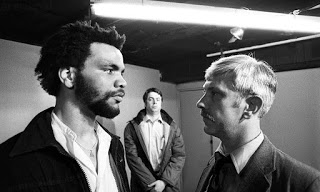
A couple of events coming up as part of the University of Westminster’s annual Difference Festival involving IMCC members and fellow-travellers:
Thursday 25 February 2021, 19.00 pm
MARKS: Forensic Photography and the Removal of the Trauma of Migration
Federica Mazzara, with photo journalist Max Hirzel and Drs Antonietta Lanzarone and Silvia Torresin.
This event will revolve around the last photographic project by Italian photojournalist Max Hirzel, called MARKS, which documents the medical-legal certification work on the marks of violence and torture suffered by the asylum seekers, carried out by Forensic doctor Antonietta Lanzarone. The project aims to address the concealed pain and trauma experienced by people on the move. Click here for tickets.
Friday 26 February 2021, 19.00 pm
SUS: An online reading
With Matthew Morrison and Guy Osborn
In June 1979 Barrie Keeffe’s play SUS premiered at the Soho Poly theatre, a month after Margaret Thatcher’s victory at that year’s General Election. The play concerned the so called ‘sus laws’, the stop and search powers that allowed the police to arrest people deemed to be ‘acting suspiciously’ or intending to commit an arrestable offence. Join the Soho Poly Online for a live reading of this modern classic, performed by a new professional cast in partnership with Unfinished Histories. Click here for tickets.
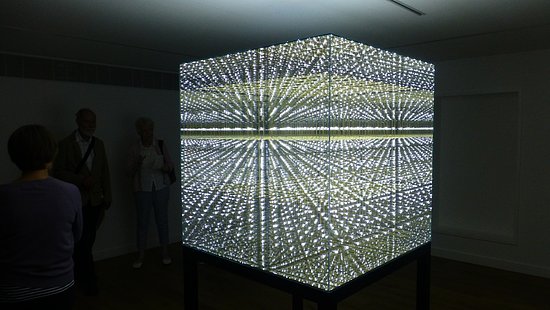
Wednesday 9th December, 6.00-8.00 pm
Online seminar at the Institute for Modern and Contemporary Culture
Presentation of Mental Traveler: A Father, a Son, and a Journey Through Schizophrenia by WJT Mitchell, with Antony Gormley
The IMCC is delighted to announce a presentation of W.J.T. Mitchell‘s latest book, Mental Traveler: A Father, a Son, and a Journey through Schizophrenia on Wednesday 9th December.
W.J.T. Mitchell is the Gaylord Donnelley Distinguished Service Professor of English and Art History at the University of Chicago, and is known for his many books on visual culture, media and politics. This memoir tells the story of one family’s encounter with mental illness and bears witness to the life of the talented young man who was his son, Gabriel Mitchell. The event will include a short film about Gabriel’s work as an artist made by his sister, Carmen Mitchell, and a reading from the memoir of his life by his father.
Sculptor Antony Gormley will also join the event to talk about his sculpture, “The Infinite Cube”, inspired by one of Gabriel’s ideas.
Registration required via Eventbrite. Further details inside the Eventbrite page.
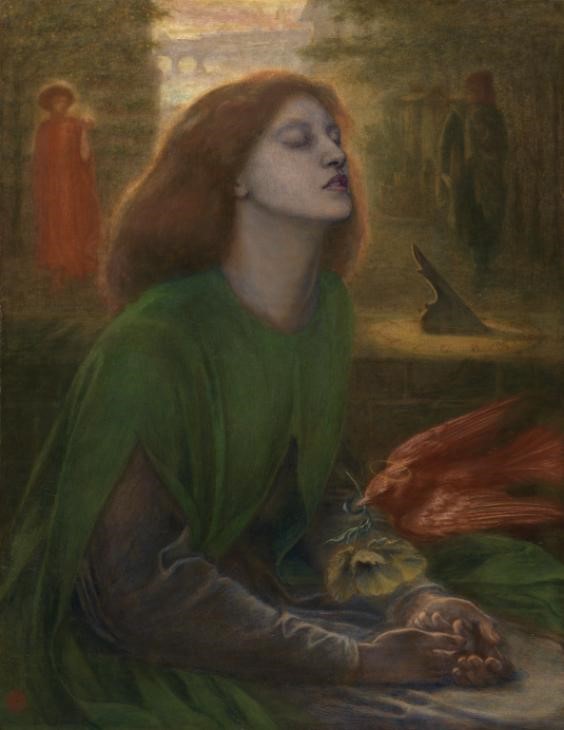
Wednesday 2nd December, 5.00-6.30 pm
Online seminar at the University of Westminster
The forgotten man of letters, Gabriele Rossetti: His discovery of Dante’s esoteric love and its influence on nineteenth- and twentieth-century English literature
Piero Latino (Sorbonne Université -University of Westminster)
Nineteenth-century England, and in particular London, was the theatre of an event which has been marginalised and forgotten by critics: the discovery of the esoteric dimension of Dante’s work. It was Gabriele Rossetti – father of the more famous Pre-Raphaelite poet and artist Dante Gabriele Rossetti – who spoke for the first time of the esotericism in the Divine Comedy. According to Gabriele Rossetti, the topos of love was not a feeling expressed in poetic verses but hid a secret doctrine. Thus, the beloved girls or the rose, flower of love, were symbols of an occult wisdom. This conception of a mysterious love recalls what Yeats wrote in the Secret Rose, where he affirmed that Eros has a hidden face “because no man or woman from the beginning of the world has ever known what love is”. This paper shows that the esotericism of Dante is present in nineteenth- and twentieth-century English literature, such as in works by Blake, Yeats, Joyce or Pound. All these poets were profoundly influenced by Dante who, in his Divine Comedy, warned the reader about an initiatory doctrine protected by the law of the secret: “O you who have sane intellects, / Look at the doctrine which is hidden / Under the veil of strange verses”.
For further information (including online link to the seminar), please contact:
frankie.hines@my.westminster.ac.uk

Wednesday 9th December, 6.00-8.00 pm
Online seminar at the Institute for Modern and Contemporary Culture
Presentation of Mental Traveler: A Father, a Son, and a Journey Through Schizophrenia by WJT Mitchell, with Antony Gormley
The IMCC is delighted to announce a presentation of W.J.T. Mitchell‘s latest book, Mental Traveler: A Father, a Son, and a Journey through Schizophrenia on Wednesday 9th December.
W.J.T. Mitchell is the Gaylord Donnelley Distinguished Service Professor of English and Art History at the University of Chicago, and is known for his many books on visual culture, media and politics. This memoir tells the story of one family’s encounter with mental illness and bears witness to the life of the talented young man who was his son, Gabriel Mitchell. The event will include a short film about Gabriel’s work as an artist made by his sister, Carmen Mitchell, and a reading from the memoir of his life by his father.
Sculptor Antony Gormley will also join the event to talk about his sculpture, “The Infinite Cube”, inspired by one of Gabriel’s ideas.
Registration required via Eventbrite. Further details inside the Eventbrite page.
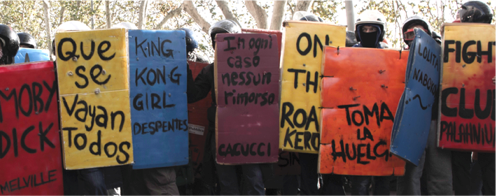
Wednesday 18th November, 5.00-6.30 pm
Online seminar at the University of Westminster
Anarchism and Literature: A Discussion
Joanna Freer (Exeter University) & Frankie Hines (University of Westminster)
“Starting back toward life”: Anarchism and Mental Health in Toni Cade Bambara’s The Salt Eaters
Joanna Freer (Exeter)
Anarchism, in my understanding, seeks to promote maximum individual autonomy in combination with flexible, cooperative communities. Bambara’s novel The Salt Eaters (1980) emphasises the mental health impacts of a lack of individual political autonomy, as the protagonist Velma Henry suffers a breakdown resulting from her experience working in representative politics in the highly politicized landscape of the American south in the 1970s. The novel details Velma’s frustration with traditional left political campaigns that completely side-track women, who end up doing most of the work for none of the rewards. This frustration and overwork, it is suggested, leads to Velma’s breakdown, but her recovery is achieved via a healing practice that eschews exploitative hierarchies. I argue that a reading of the experiences that trigger Velma’s suicide attempt and of the successful healing process that she undergoes in the novel provides insights into how communities that work on anarchist principles may play a role in encouraging good mental health.
Toward an Anarchist Literary Instrumentalism
Frankie Hines (Westminster)
Anarchist theory and practice pursue a pointed critique of the incipient authoritarianism of representation, rejecting both the institutions of liberal-democratic states and the representative function of the revolutionary party. In place of representation, anarchists pursue an ethic of direct action which emphasises the possibilities afforded by unmediated intervention in the political sphere. I argue that an anarchist literary theory—one capable of apprehending texts produced by anarchist movements—must similarly foreground anarchism’s hostility to representation: adhering to the direct action ethic, it must understand texts in terms of their effects. Introducing such a “literary instrumentalism”, I will explore anarchist texts in terms of their multifaceted relationships to anarchist movements in the United States since the 1970s.
For further information (including online link to the seminar), please contact:
frankie.hines@my.westminster.ac.uk
Wednesday 21 October 2020, 2:00 – 6:00 pm BTS
Online roundtable and workshop: Sinophone creative responses to Covid-19, racism and xenophobia
Following overwhelming public response to a roundtable on Covid-19 and racism back in March 2020, our friends and colleagues in the Contemporary China Centre at the University of Westminster are following up with another online roundtable and workshop on how different Chinese communities have continued to combat Covid-19 related racism.
All are welcome but registration is required.
For Chinese-speaking communities in the UK and elsewhere, Covid-19 has witnessed a steep rise in racism and xenophobia. Alongside efforts to combat Covid-19 related racism and support those who have experienced discrimination, Chinese-speaking communities have been producing and circulating Chinese-language materials about the virus through various creative means and media, in an attempt to foster new forms of understanding about their respective communities to broader audiences. Building on the overwhelming public response to the previous roundtable on racialised discourses and Covid-19, this workshop is part of a series of events exploring the ways in which different Chinese communities have been responding to Covid-19 and the ensuing wave of racism and xenophobia. Through collaboration with academics, activists, and local communities, the aim is to map out the creative responses emanating from a diverse range of Chinese cultures and build new alliances and networks to fuel resistance, action, and change. What strategies, resources and ideas can be shared for intervening in prevailing Covid-19-fuelled racisms to build towards a more equitable future?
Dr Diana Yeh, Flair Donglai Shi, Sam Phan and Dr Shzr Ee Tan will share their reflections on how the fear and ignorance around Covid-19 have continued to fan pre-existing racisms and expose social faultlines, and the kinds of responses that have sought to resist and challenge such practices. This second half of the event will a workshop led by Dr Denise Kwan in which participants move into breakout groups to explore the themes: Anger/Joy as Resistance; Collective Care; and Political-Hearts.
Note: Those who have registered will be sent a link to Zoom before the event starts.

October 16 2020, 15:00 – 16:00 CEST
RDA IG-PTTP and Frankfurter BuchMesse #20: Preserving and Annotating Publishers’ Data
Presenters: Peter Cornwell (ENS-Lyon, IMCC, Data Futures), José Gonzalez (CERN), Tom Lamberty (Merve Verlag)
Details on how to register and participate here and here.
The second seminar of this series, co-organized with the Frankfurt Book Fair, addresses digital preservation solutions for the publishing enterprise. Presenting experience from the 2015-2020 open access project of Merve Verlag—winner of the 2020 German Publishers’ Prize—the seminar focusses on delivering the full book content of the publisher catalogue: creation of technology-agnostic digital editions; open access and support of the research community; and strategies for future-proof accessibility and long-term preservation.
The preservation trajectory also addresses digital capture and accessibility for historic information about the publisher, such as author and rights correspondence, launches, events and archives—although this will be addressed in a subsequent event.
Tom Lamberty, managing director of Merve, will present strategies for creating a publishing data resource—from digitization of out-of-print books, as well as conversion of current publications originated digitally using tailored re-delivery workflows, to produce a digital corpus to support conventional print and distribution, print-on-demand and a digital edition which can supply both open reading access and the research community.
Peter Cornwell, research fellow at ENS-Lyon and the Institute for Modern and Contemporary Culture at the University of Westminster, and director of Data Futures GmbH, addresses development of multi-function online access using the International Image Interoperability Framework (IIIF). Automated production of IIIF services from publishers’ digital editions supports not only existing and future electronic reading applications, but also new research platforms generating preservable Web Annotation Data Model collections, which can be output directly to repositories.
José Gonzalez, head of repository technologies at CERN, charts the history as well as current developments surrounding long-term access and preservation technologies for research data in the physical and life sciences. Since the 1960s, increasing data volumes and enormous international research investment has driven continuous preservation efforts focussing on software engineering, and CERN has become a prominent developer and user of reliable data repositories. Its technology now underpins the Zenodo global catch-all repository for research data, and the forthcoming release of InvenioRDM gives new communities such as the publishing sector radical new data distribution and preservation opportunities.
This seminar, which is part of the 20th Frankfurt Book Fair programme, is intended as an introduction to creation and deployment of new data resources from existing publisher data and especially, long term operation and maintenance aspects— to ensure preservation of investment in such activities. Organized jointly with the Preservation Tools, Technologies and Policies (PTTP) Group of the Research Data Alliance, a series of more specific seminars, shaped according to participant feedback is planned in early 2021 as part of RDA’s ongoing program. An update on this seminar will be included in the annual RDA Plenary 16 meeting, November 9th-16th. The second seminar of this series, co-organized with the Frankfurt Book Fair, addresses digital preservation solutions for the publishing enterprise. Presenting experience from the 2015-2020 open access project of Merve Verlag—winner of the 2020 German Publishers’ Prize—these talks proceed from creation of a homogeneous digital corpus, to adoption of APIs for future-proof internet access and platforms for scholarly research, and long-term preservation. The seminar focusses on delivering the full book content of the publisher catalogue—three talks will present this activity.


The Institute for Modern and Contemporary Culture
University of Westminster Department of English, Linguistics and Cultural Studies
32-38 Wells Street, London W1T 3UW. United Kingdom.

